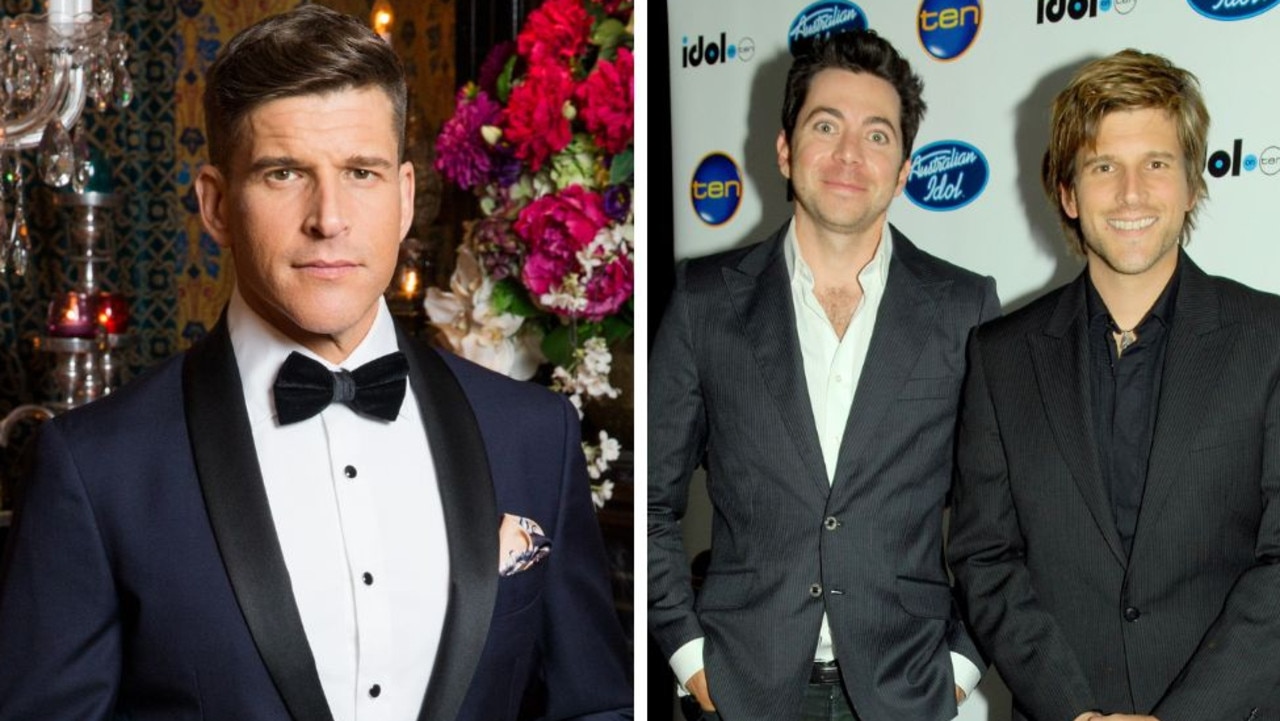Dervla McTiernan on her chart-topping TV win – and why it ‘sucks for me’ that she can’t stand up to the tech giants’ AI piracy
She’d just had a win that writers dream of – then Dervla McTiernan discovered her bestselling books were being pirated to train Meta AI models.
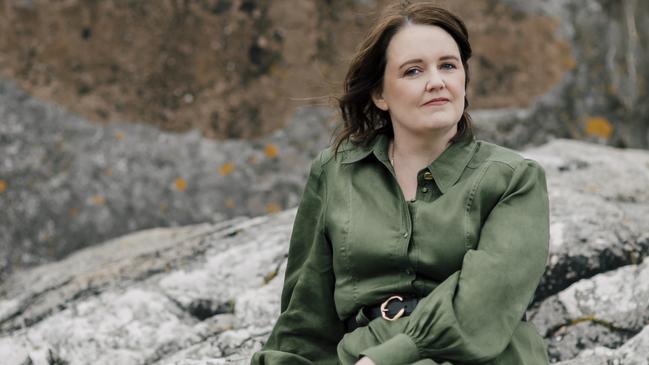
Entertainment
Don't miss out on the headlines from Entertainment. Followed categories will be added to My News.
If you haven’t yet heard of Dervla McTiernan, you soon will.
She wrote Australia’s top-selling crime fiction book last year – and was the fourth most-read adult fiction writer behind fellow Aussie literary powerhouses Liane Moriarty and Trent Dalton.
Now McTiernan is poised to follow Moriarty and Dalton into screen domination, with her gripping mystery What Happened to Nina? being adapted for TV by the BAFTA-nominated makers of After the Party and The Secrets She Keeps.
The story was influenced by recent high-profile murders of women by men with whom they were in relationships. It is more of a “whydunit” than a whodunit; and Irish-born, Perth-based McTiernan is thrilled that both the story and its discussion of an important, confronting issue has reached so many readers.
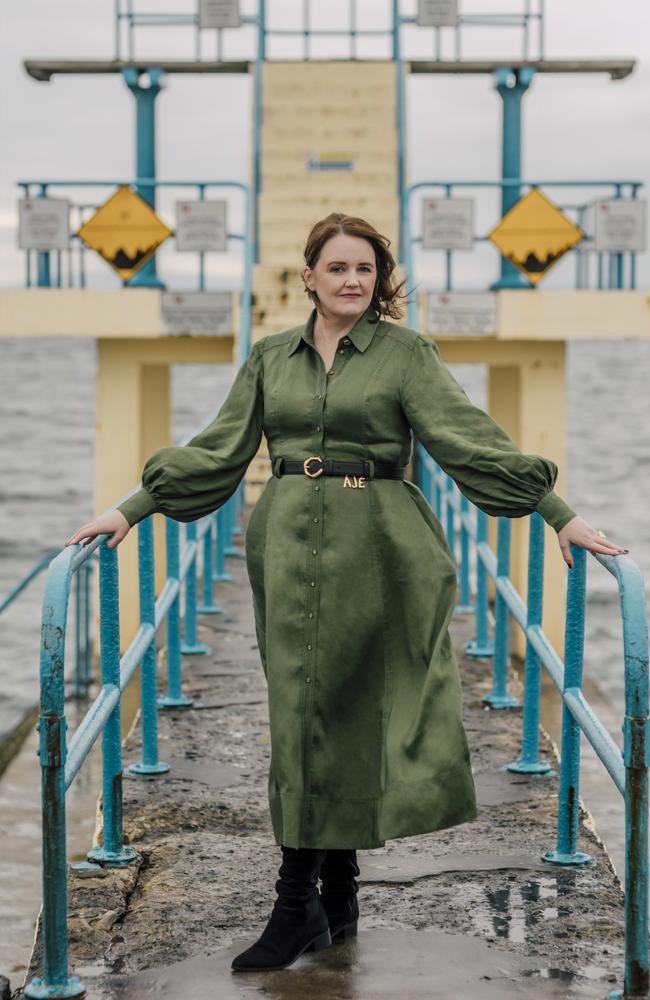
“It doesn’t often happen that you get to sit five weeks at number one,” she says.
As it unfolds, What Happened to Nina? offers insights into the perspectives of the mothers of both the killer and the victim. McTiernan reveals she was driven to write it after swapping parenting stories with a friend.
“We didn’t grow up with camera phones everywhere, with all this constant commentary online,” she says.
“She was like: ‘What if my son screws up? What if he does something online, or makes an unwelcome move, or sticks up for a friend who makes an off-colour joke and it suddenly escalates?’ And I was really taken aback by the conversation because I never really thought about that, because my son is 13 and my daughter’s 15. We’re not at that stage yet.”
It’s not the only element of the online world that has become concerning for McTiernan.
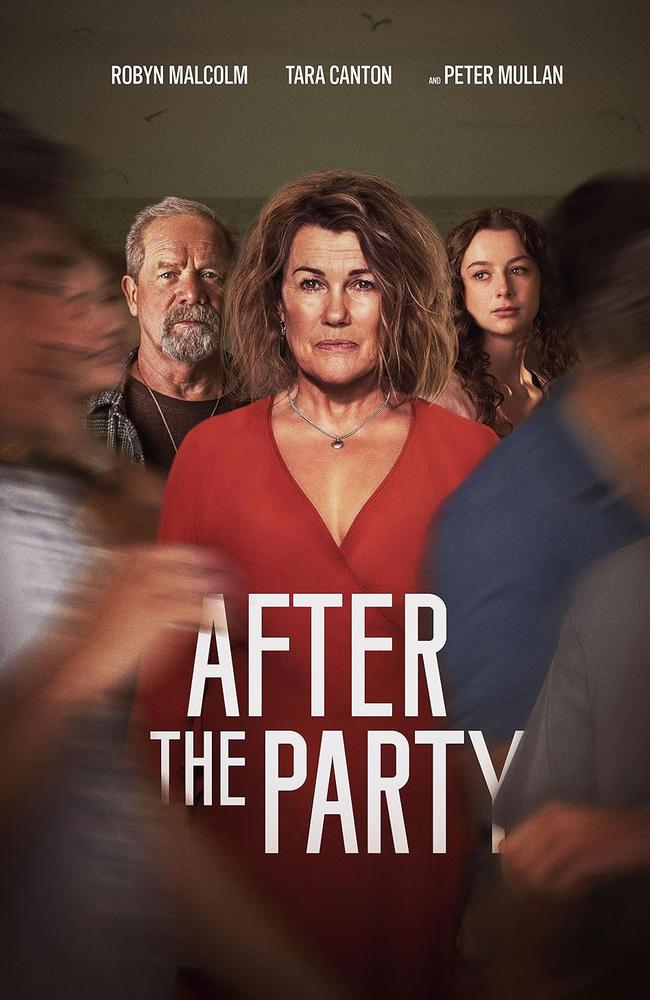
Like many authors around the world, McTiernan is appalled to have discovered that her books are being replicated in the pirated online library LibGen, where they are used by tech giant Meta to train AI models.
“I am relatively small fry in comparison to some authors who have had 20 or 30 years’ worth of work (taken), and then very small fry in comparison to the total, which is around 7.5 million books,” she sighs. “There’s nothing I can do as an individual writer about this. I don’t have the resources to sue anybody.
“There are authors in the US who’ve put together resources (to take action against Meta).
“I hope they are successful. The reality is those cases will take years. They may not be won, because Meta and everybody else who falls into this category has almost endless resources to put against litigation.”
A former lawyer, McTiernan believes the only solution is government regulation.

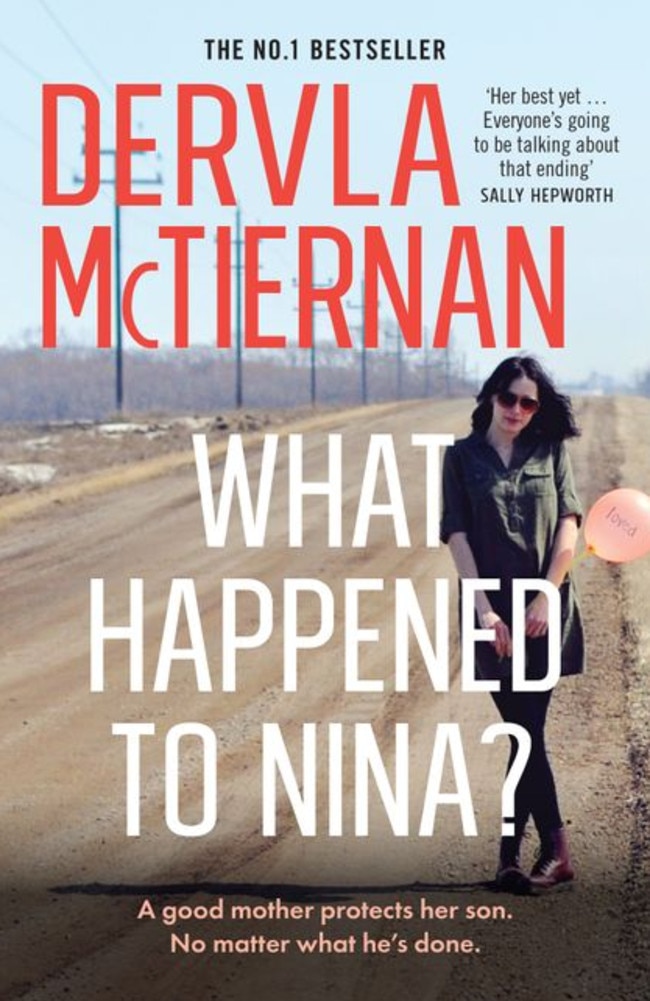
“If you were to say to me, ‘Look, the work of these seven million books has been put to this tool, but it’s going to only create amazing new drugs and solutions for people, and we all get to share the outcome of that and the financial reward,’ to some degree I’d say: ‘Okay, well, it sucks for me, but great for everybody.’
“But that’s not what’s going to happen. A handful of people, contextually speaking, are going to control these tools, the flow of wealth and the gap between rich and poor will widen exponentially over the next 10 to 20 years if nothing is done about this. People are going to lose their jobs.”
And writing is a job that McTiernan holds dear. Especially as it has given her a lifeline in the darkest of times.
After moving to Perth in 2011 for a fresh start after the Global Financial Crisis left her burnt out and strapped for cash, McTiernan’s husband, Kenny, urged her to take another leap of faith into writing.
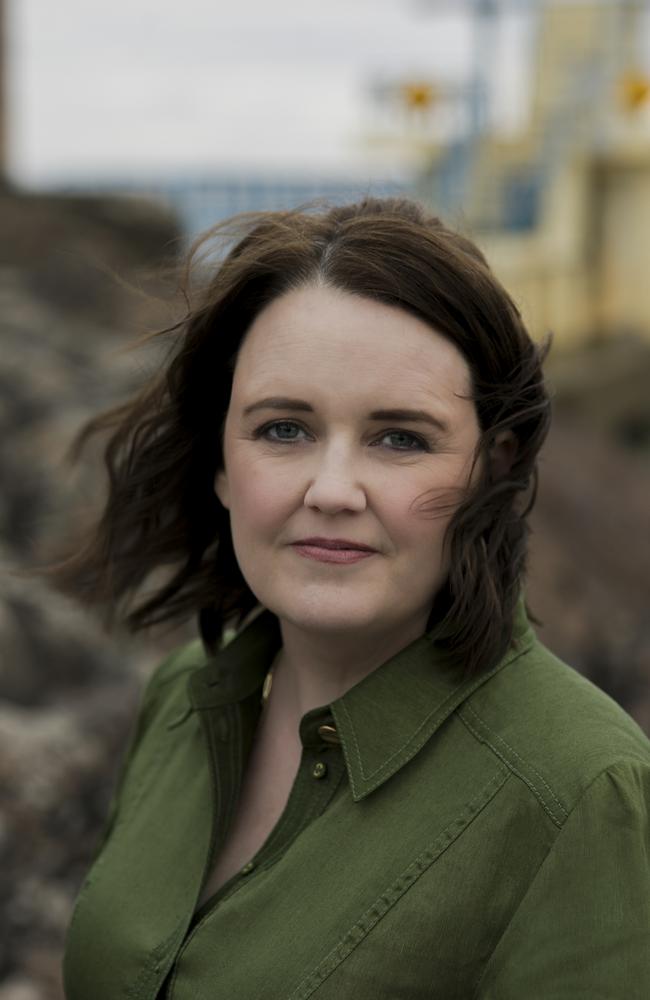
So, while working part-time and juggling two small children, McTiernan began penning The Ruin; a mystery following Irish detective Cormac Reilly.
It was also during this time, in a blur of sleep-deprivation and stress, that McTiernan was diagnosed with a potentially fatal brain tumour. She was given the shocking news less than an hour before a literary agent called expressing interest in The Ruin.
After undergoing surgery and a gruelling recovery process, McTiernan distracted herself from the ordeal by focusing on getting her first story out into the world.
“The Ruin made it into Top 10, and then The Scholar made it into Top Five, and then The Good Turn went to Number One. And they’ve all been number one since then, and the readership just keeps growing.


“And I just feel incredibly lucky as this Irish woman in Western Australia that you guys let into the country and let me keep writing books.”
That’s why it feels especially meaningful for McTiernan to return to writing about the detective who launched her career and saw her through brain cancer – and who has become a firm fan favourite.
Her new book, The Unquiet Grave, comes five years after the last in the Reilly series and after she felt she’d said goodbye to the dogged policeman.
She hopes that being reunited with Cormac will be as rewarding for readers as it has been for her.
“Because that’s what I feel when I pick up a book by one of my favourite writers that I’ve been waiting to read, and it’s set in a place that I know with characters I love,” she says.
“I’m on the couch, the blanket over my legs, a cup of tea beside me, and it’s just so comforting to get three or four hours in a place I want to be with characters I love.”
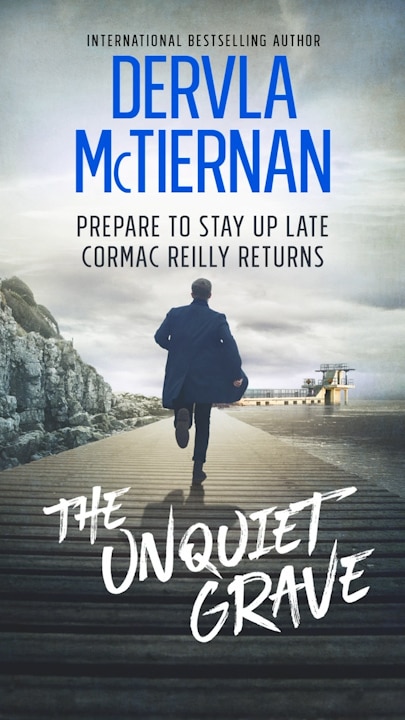
Originally published as Dervla McTiernan on her chart-topping TV win – and why it ‘sucks for me’ that she can’t stand up to the tech giants’ AI piracy





